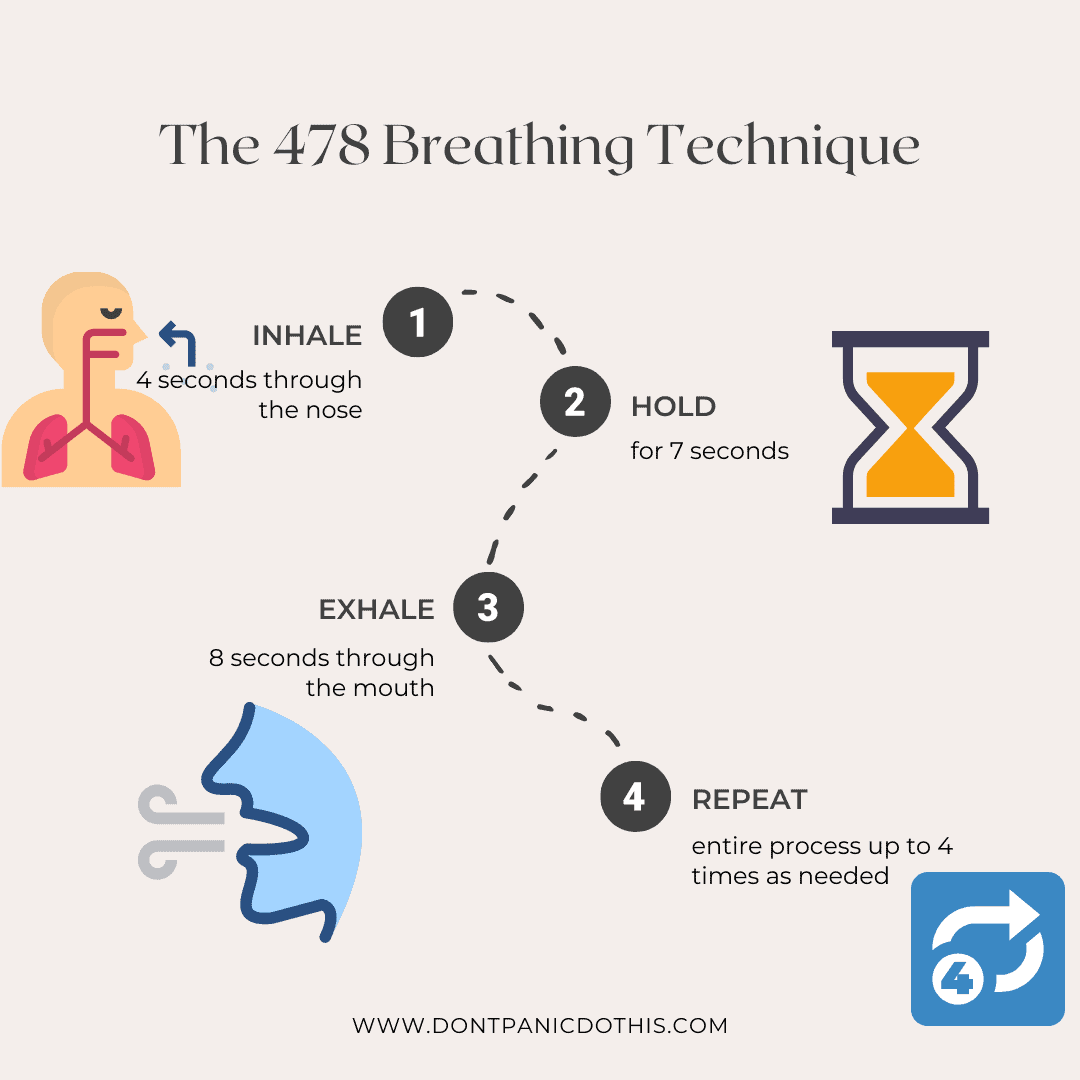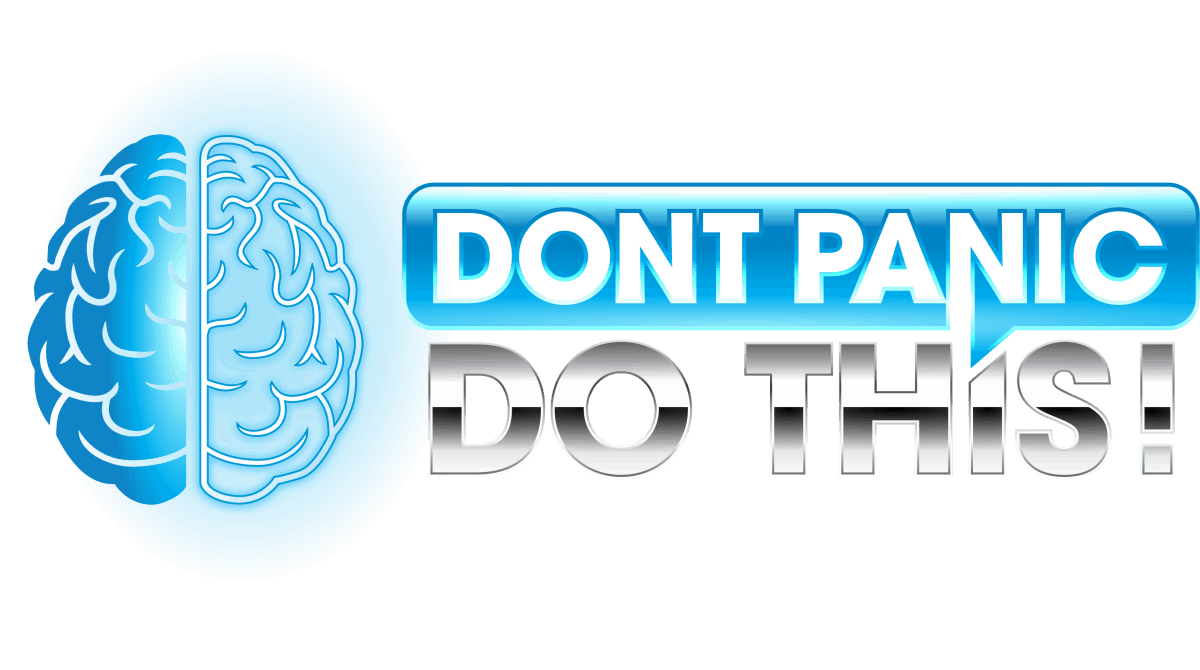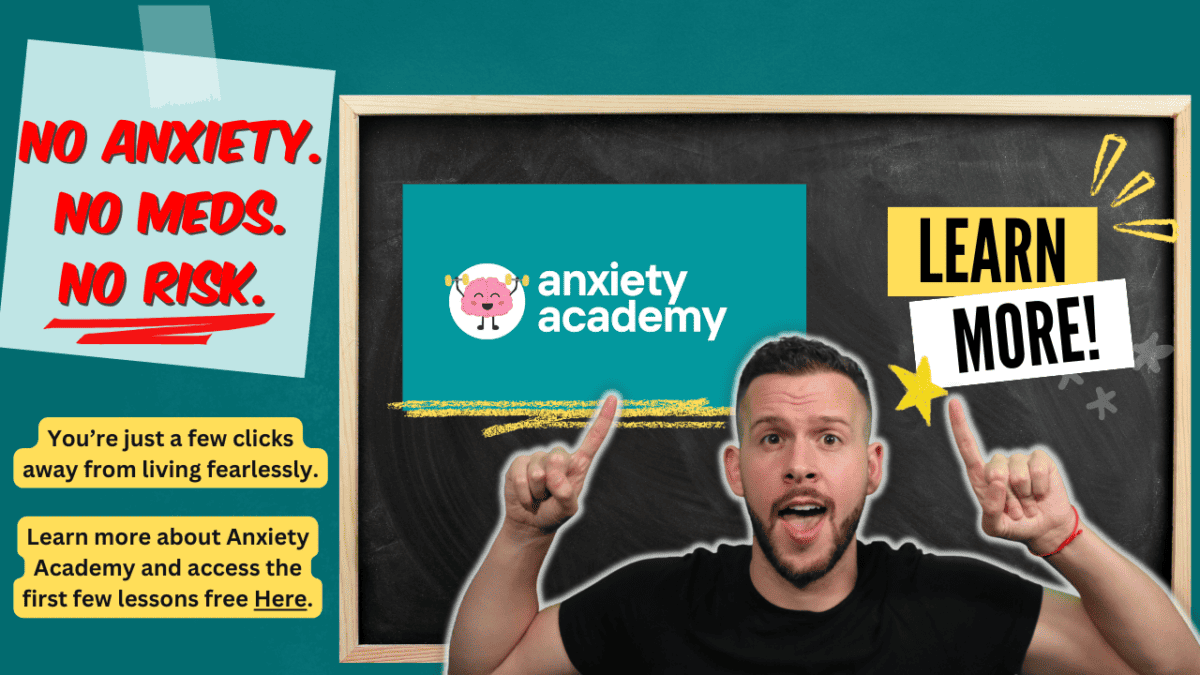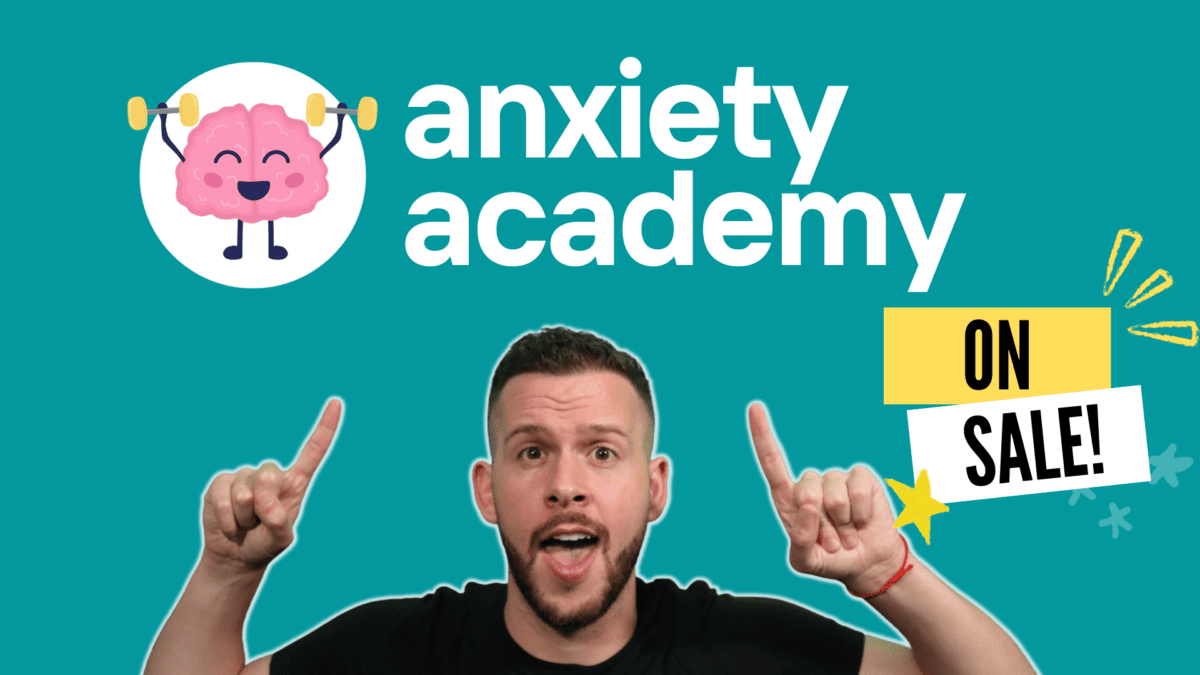“Why do I feel weird?” is a question many of us will ask at some point when strange physical or mental sensations start to occur in the body. While these feelings may initially be worrisome, their source may be more harmless and surprising than you realize. Anxiety can make us feel weird, off, or strange, without knowing exactly why.
Some weird symptoms of anxiety may include:
- Brain Fog
- Dissociation
- Tingling, Numbness, or Coldness
- “Brain Zaps”
- Hyperventilation
- Dizziness or Lightheadedness
- Heart Palpitations
- Feeling of Impending Doom
When these feelings are new and unfamiliar to us, they can certainly be scary. Unfortunately, fear of these symptoms only serves to heighten anxiety – making our symptoms even worse.
Just learning to recognize these strange anxiety symptoms can go a long way for helping us to manage them. If you find yourself asking, “why do I feel weird,” “why do I feel off,” or “why do I feel strange,” take some time to familiarize yourself with these symptoms. Do any of them match what you've been feeling?
Why Do I Feel Weird: A Personal Story
People often think about anxiety – and other mental health issues – as occurring solely within the brain. What they don’t realize is that anxiety can manifest itself anywhere throughout the body. Anxiety can show up as a vast number of uncomfortable, frightening, and weird physical sensations.
The first time I had a panic attack, I had no idea what anxiety even was. I knew I felt weird and I didn’t know why. First, my heartbeat felt odd, then, my breathing felt off. Before long, I was in full-blown panic mode: Lying on my parents’ couch hyperventilating, convinced I was going to die as I begged for an ambulance.
Soon after, I learned that all of these weird feelings were symptoms of anxiety. I was shocked to learn that something so real, so physical, could have started in my own head – but it did. Learning the weirder symptoms of anxiety can help you understand why you feel weird, odd, off, or strange – hopefully saving you some time and stress.
Want to learn some helpful anxiety and panic coping mechanisms for dealing with symptoms like these? Check out my book, Don’t Panic, Do This! 100+ Ways to Stop Panic Attacks and Anxiety.
Brain Fog
Brain fog is probably the most common symptom to make people say, “I feel weird.”
Have you ever had too many tabs open in your Internet browser, making your computer run noticeably slower? Brain fog is pretty much the human version of that.
Anxiety is extremely taxing on the brain, and takes up valuable cognitive resources. [1] Whether we’re aware of it or not, there’s just so much going on at once; way too many tabs open at the same time. Just like a computer, our brain has a limited amount of processing power.
If you find yourself feeling a bit weird, strange, or off – there’s a good chance that’s just anxiety overloading and impairing your cognitive functions temporarily. Don't worry, it'll pass with the stress.
Dissociation
One of the strangest anxiety symptoms we can experience in life is dissociation.
Dissociation is a general feeling of detachment from reality, often appearing as a symptom of anxiety. It may occur as a subconscious defense mechanism to avoid a traumatic event, or to numb negative emotions.
People can dissociate in many ways, including:
- Derealization – Feeling detached from one’s surroundings (people, places, things). One may experience “tunnel vision,” see in shades of gray, or feel like the entire world around them isn’t real.
- Depersonalization – Feeling detached from oneself; sometimes like an outside observer whose thoughts, feelings, and sensations are not their own. One may feel “checked out” or not really present. This can be physically or emotionally numbing.
Dissociation in any form is easy to confuse with brain fog. This is because they can feel very similar and they often occur together.
While dissociation can feel incredibly strange, it’s generally harmless as a symptom of anxiety and should pass on its own.
Tingling, Numbness, or Coldness
Have you ever wondered, “Why do I feel weird tingling or numbness in my hands?”
People don’t often expect physical sensations from their anxiety, but they do occur. Some anxiety sufferers report buzzing, tingling, numbness, or coldness throughout the body. This is most commonly felt in the hands or feet, but could occur anywhere.
In moments of fear or panic, the brain has to make all kinds of decisions that impact the body. When entering “fight or flight mode” our blood vessels constrict and our heart rate and blood pressure increase. These changes can reduce blood flow to certain body parts – often the hands or feet, although it could be felt elsewhere.
If these weird feelings or numbness are due to anxiety, they should pass harmlessly once your anxiety subsides.
“Brain Zaps”
Here’s an extremely weird symptom of anxiety you may not have heard of.
“Brain zaps” are described as short, quick, electrical shock sensations in the brain. They’re generally caused by stress, anxiety, or medication changes (especially antidepressant withdrawal). They can occur at any time through the day or at night, and can be especially disruptive when trying to fall asleep (not to be confused with normal hypnic jerks). [2]
Brain zaps are not thought to be harmful to the brain; just bothersome. There is no cure for brain zaps, but they typically go away on their own over time.
Hyperventilation
Have you ever wondered, “Why does my breathing feel weird?” or found yourself losing control of your breath rate?
Hyperventilation is an extremely common anxiety symptom, and often one that stumps new anxiety sufferers. Hyperventilation is just a fancy word for “over breathing,” and it occurs when we start to panic and breath rapidly.
While oxygen is important, we don’t want too much of it. When we over breathe, we can cause a condition called respiratory alkalosis. With respiratory alkalosis, we actually don’t have enough carbon dioxide in the bloodstream due to breathing too deeply or rapidly. Ironically, this can worsen anxiety symptoms and actually prolong hyperventilation.
Hyperventilation is often the scary symptom that takes us from mild anxiety to full-blown panic attack. Fortunately, it’s not dangerous, and there are a number of breathwork techniques to stop hyperventilation quickly and easily.

Dizziness or Lightheadedness
Do you ever feel dizzy or lightheaded while anxious? You wouldn’t be alone. Dizziness and lightheadedness are two very common symptoms of anxiety.
- Anxiety lightheadedness can occur due to changes in blood pressure while anxious. If we are hyperventilating while anxious, this can make our lightheadedness even worse.
- Anxiety dizziness, on the other hand, can occur due to stress hormones like cortisol and adrenaline impacting our vestibular system. [3]
If you feel dizzy or lightheaded while anxious, don’t fret. Take a seat and work on getting your breathing under control – these disorienting feelings should pass shortly.
Heart Palpitations
Heart palpitations were among my own first anxiety symptoms, so I’m definitely empathetic to how scary these weird sensations can be.
Generally, the term “heart palpitation” refers to one’s perceived awareness of an irregularity in their heartbeat. This could be the feeling that your heart is beating too fast or slow, skipping a beat, or “fluttering.”
Everyone experiences normal variations to their heart rate from time to time. People with anxiety may just be more prone to noticing and becoming nervous about such variations. Heart palpitations are uncomfortable and bothersome, but almost never a sign of something serious.
If your heart palpitations have you feeling nervous, have your doctor check them out. As a symptom of anxiety, however, they’re fairly common and entirely harmless (take it from someone who’s had numerous EKGs for them).
You can learn more about anxiety and heart palpitations here.
Feeling of Impending Doom
If you’ve ever had a panic attack before, you know all about the scary, weird “feeling of impending doom” they bring about. This is when our brain convinces us that something really bad is about to happen – like, "we are about to die" bad.
When that feeling of impending doom hits, all logic seems to go out the window. You may feel the desperate need to escape your current environment, or like everyone is going to notice you’re freaking out.
As weird and terrifying as this feeling may be, it’s a classic symptom of panic attacks. These feelings are going to pass harmlessly in a few moments one way or another.
You may want to check out this article about panic attacks if you’re new to them.
Why Do I Feel Weird: Next Steps
Do any of these weird anxiety symptoms hit the nose on the head after wondering, “Why do I feel weird?” It can be surprising how we all experience anxiety differently, and how strange symptoms of anxiety can be.
The good news is, as odd as these anxiety symptoms are, it’s still just anxiety – and we can work with that.
In fact, if you’re looking for coping mechanisms to deal with these strange anxiety symptoms, I recommend checking out my book. Don’t Panic, Do This! 100+ Ways to Stop Panic Attacks and Anxiety can teach you over a hundred methods for quickly putting an end to these weird and uncomfortable anxiety symptoms.
Good luck. You've got this!


